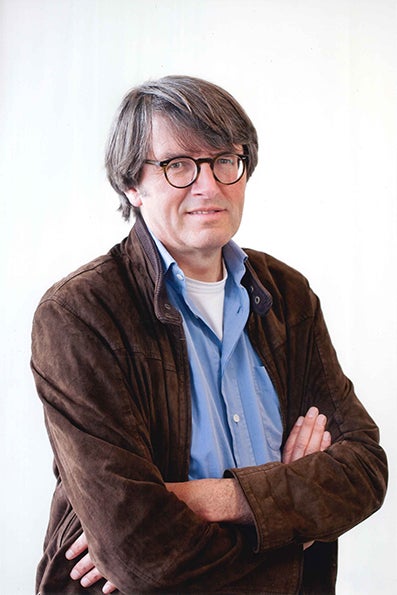Career
Van Woudenberg studied Philosophy and Dutch, earning his PhD in 1991 with a dissertation on transcendental arguments in contemporary philosophy. Following a five-year Academy Fellowship at the Royal Netherlands Academy of Arts and Sciences (KNAW) and a period at the University of Notre Dame (USA), he returned to VU Amsterdam, where he was appointed professor in 2001. In 2007, he became dean of the then Faculty of Philosophy. After his deanship, he served as principal investigator on several major research projects and currently leads the Abraham Kuyper Centre for Science and Religion. From 2024 until April 2025, he was dean of the Faculty of Humanities.
His research focuses on themes such as scientism, responsible belief, chance and design, the philosophy of Thomas Reid, and the interaction between philosophy, science and Christianity.
The new faculty
As dean, he played a key role in the merger that led to the creation of the new faculty. Within this faculty, he is committed to enhancing the visibility of the School of Religion and Theology, strengthening the humanities within an interdisciplinary framework, and promoting VU Amsterdam’s distinctive identity as a university with a meaningful intellectual tradition.
